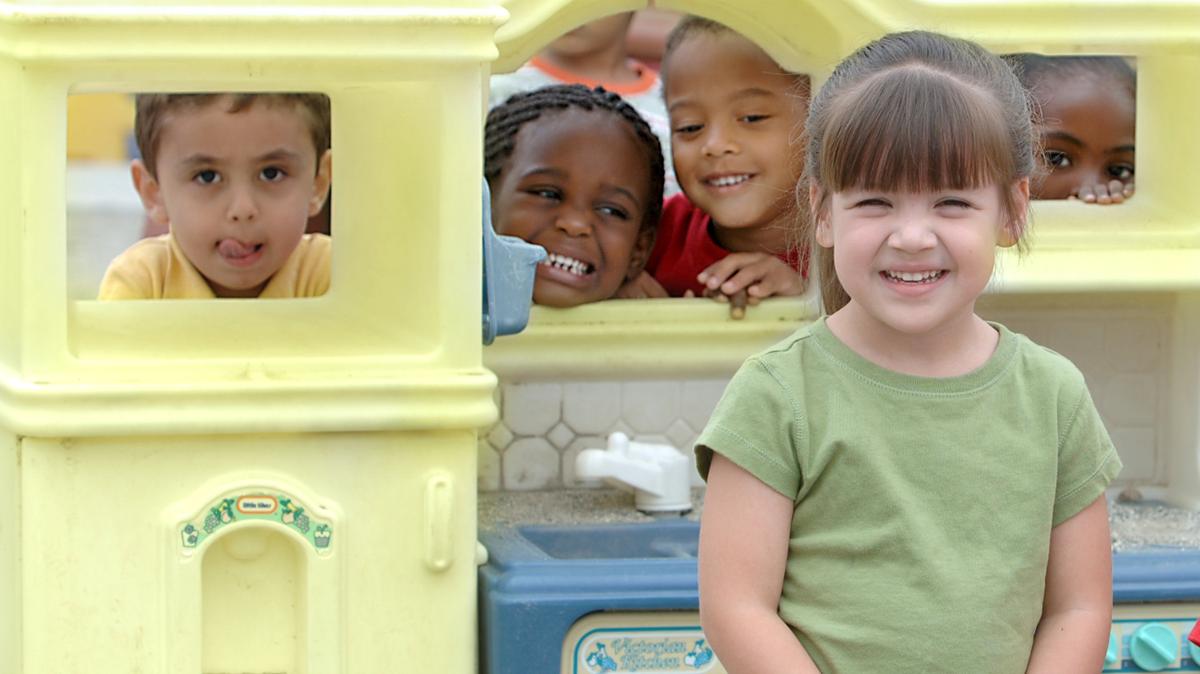Early Childhood Intervention Assistant

Early Childhood Intervention Assistant
This certificate is appropriate for students interested in working as an assistant
or a paraprofessional in early intervention, early childhood special education, and
community child development programs serving children with special needs. In addition
to theoretical principles, the curriculum offers practical skills and on- site training
that will prepare students for employment in the field of Early Childhood Intervention.
The program leads to a certificate in Early Childhood Intervention and/or an Associate
of Science Degree. The program will also fulfill the required child development coursework
for the state issued Child Development Permit. Information regarding this permit
and/or the Early Childhood Intervention Certificate is available from the Early Childhood
Education Department.
Upon completion of the requirements for the certificate program and 16 units of special courses in general education, the student has fulfilled the course requirements for the Child Development Permit, Teacher Level. See the state guidelines for experience qualifications and additional levels.
Program Learning Outcomes
Upon successful completion of this program, students should be able to:
- Demonstrate an understanding of family function and structure, along with familial need for information and support that respects and values diverse cultures, values, beliefs and behaviors.
- Demonstrate basic knowledge of laws and regulations pertaining to and protecting children with disabilities and their families.
- Understand and identify the process of accessing community agencies, referral systems and procedures for specialized support, specialized documents, resources and placement options.
- Describe the typical child development milestones of children birth to adolescence and identify the strengths and special needs of the child in the context of his/her family, early childhood classroom, or early intervention setting.
- Describe the developmental assessment process and outline its role in identifying, planning and intervening for a child with special needs and his/her family, including the process of curriculum development.
- Demonstrate an understanding of the purpose and intent of an inclusive environment that supports the whole child while meeting the individual needs of children with disabilities.
| Required Courses (28 units) | Units |
| EAR-19 | Observation and Assessment in Early Childhood Education | 3 |
| EAR-20 | Child Growth and Development | 3 |
| EAR-24 | Introduction to Curriculum | 3 |
| EAR-28 | Principles and Practices of Teaching Young Children | 3 |
| EAR-40 | Introduction to Children with Special Needs | 3 |
| EAR-41 | Practicum in Early Intervention/Special Education | 4 |
| EAR-42 | Child, Family, and Community | 3 |
| EAR-43 | Children with Challenging Behaviors | 3 |
| EAR-46 | Curriculum and Strategies for Children with Special Needs | 3 |
| Electives | (Choose from list below) | 6 |
| Electives (6 units) | Units |
| EAR-26 | Health, Safety and Nutrition | 3 |
| EAR-33 | Infant and Toddler Development | 3 |
| EAR-34 | Infant and Toddler Care and Education | 3 |
| EAR-38 | Adult Supervision and Mentoring in ECE | 3 |
| EAR-44 | Administration I: Programs in Early Childhood Education | 3 |
| EAR-47 | Childhood Stress and Trauma | 3 |
This Program Pathway will allow a full-time student to complete this program in 12 months. For students who require a part time pathway, please see a counselor for more information.